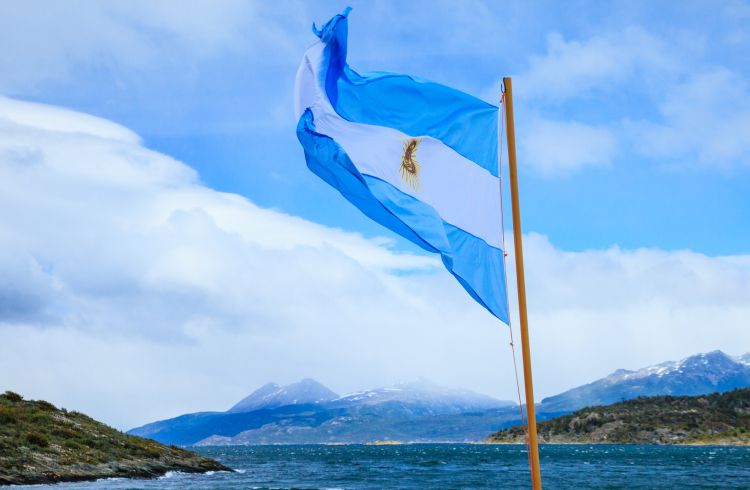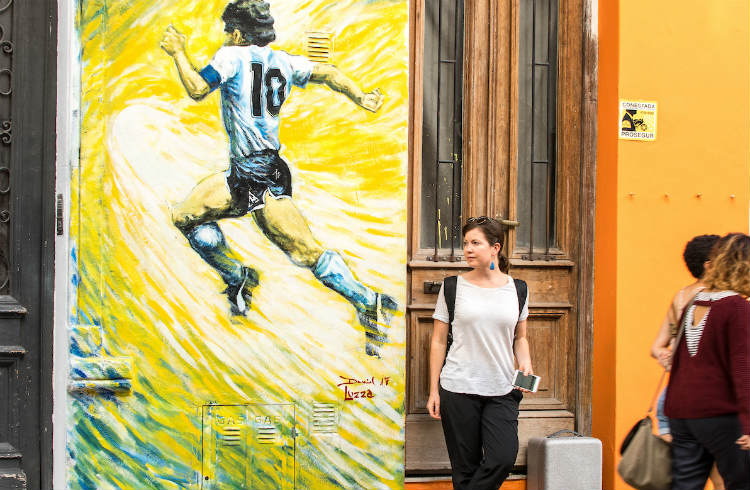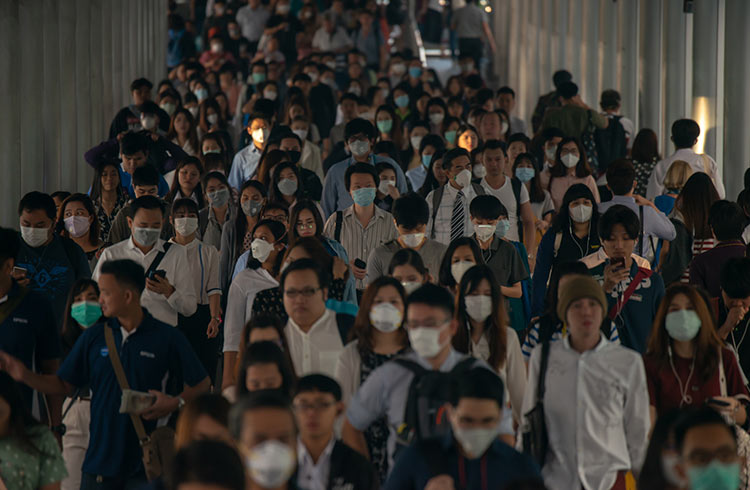Is Argentina open for Tourism?
Get the latest on lockdown, quarantine measures and how coronavirus (COVID-19) may affect your travel plans to Argentina.
 Photo © Getty Images/Kelly Cheng Travel Photography
Photo © Getty Images/Kelly Cheng Travel Photography
Coronavirus (COVID-19) travel restrictions in Argentina – updated 11 January 2022
Who can travel to Argentina?
From 1 November 2021, Argentina's border is open to fully vaccinated travelers who received their last dose within 14 days of arrival, and present a negative COVID-19 PCR test taken within 72 hours before travel. Vaccination status must be proved via the App Mi Argentina, or via a document from a national or state-level public health body if vaccinated abroad. Travelers must also fill in an electronic ‘sworn statement’ form within 48 hours of traveling.
- Travelers must present a negative COVID-19 PCR test taken within 72 hours of traveling (children under 6 are exempt), unless you are: a crew member, transiting the country through an international airport for less than 24 hours; or have had coronavirus confirmed by a lab test within 90 days of your trip. If you have had COVID-19 confirmed by a lab test within 90 days of your trip you don’t need to take a PCR test again. Instead, you will need to show evidence of your diagnosis and a medical certificate issued at least 10 days after being diagnosed, confirming that you have a clean bill of health
- Must take a COVID-19 test between the 3rd and 5th day after arrival and avoid large gatherings and social gatherings in closed spaces for the first 5 days post arrival This rule also applies for fully vaccinated children aged 6 and older.
- Children who do not qualify as fully vaccinated can enter Argentina and no longer need to self-isolate but should avoid large gatherings for the first 7 days
- If you are traveling from or have been in Africa in the 14 days prior to arrival in Argentina, in addition to the above requirements you must take an antigen test on arrival and self-isolate for 10 days from the date you took your PCR test abroad. On day 10, you must take a further PCR test to end your quarantine.
All travelers must be prepared to show proof of having complied with all entry requirements when required by the authorities during the first 14 days after arrival in country.
What to expect in Argentina
Depending on the epidemiological situation across the country, restrictions may differ depending on where you are. Follow the advice of local authorities and stay up to date as the situation changes.
Masks or other face coverings are mandatory nationwide in public spaces, including public transportation and passenger vehicles.
Listen to The World Nomads Podcast: Argentina
Hantavirus Outbreak - January 2019
An outbreak of Hantavirus is currently occurring in four regions within Argentina:
- North - Salta and Jujuy
- Northeast - Misiones
- Central - Buenos Aires, Santa Fe and Entre Rios
- South - Rio Negro, Chubut and Neuquen
What is Hantavirus?
Hantavirus is a virus that is found in the feces, urine and saliva of infected rodents such as rats. It's transmitted to humans via rodent bites, coming in contact with rodent feces, saliva or urine and breathing in particles from rodent urine. It can also be contracted via broken skin and contaminated food and water.
Contracting the virus causes the rare Hantavirus Pulmonary Syndrome, a severe lung infection that can be fatal if left untreated.
Early symptoms (first 2-3 weeks) of the virus are fever, chills, nausea, aches and pains, fatigue, vomiting and diarrhea.
As the infection worsens, symptoms such as shortness of breath, increased heartbeat, rapid breathing and coughing appear.
It's vital that if you do feel unwell while traveling that you seek medical treatment immediately to ensure you are treated promptly and for the correct condition given the symptoms of Hantavirus are similar to many other conditions.
To avoid potentially contracting this disease, it's important to take precautions while traveling such as observing good personal hygiene, checking that your accommodation is clean and hygienic, eating at places that look clean and have a high turnover, only using water which has been just treated/boiled, disposing of trash properly and keeping your food well sealed to avoid rodent contamination, particularly if you are camping and hiking.
Please check with authorities for more information, follow any official warnings and listen to local news reports to monitor the situation. Failure to comply with directives from government authorities means you won't be covered by travel insurance.
Before you buy a travel insurance policy, check your government travel warnings and health advice – there may be no travel insurance cover for locations with a government travel ban or health advice against travel.
Related articles
Simple and flexible travel insurance
You can buy at home or while traveling, and claim online from anywhere in the world. With 150+ adventure activities covered and 24/7 emergency assistance.
Get a quote

No Comments